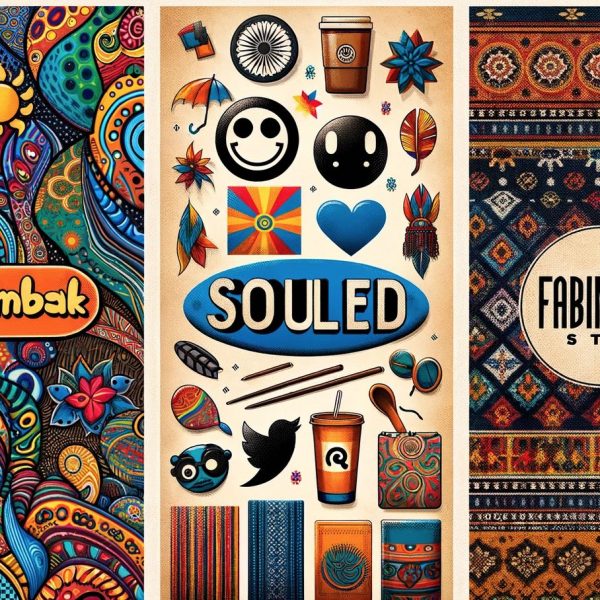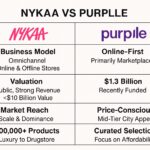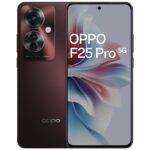Chumbak’s Quirk, The Souled Store’s Fandom, and Fabindia’s Tradition: Diverse Strategies for Market Dominance
March 31, 2024
Industry: Retail & Consumer Goods

- Chumbak stands out for its vibrant, quirky design philosophy, appealing to a young, style-conscious demographic.
- The Souled Store uniquely positions itself in the pop culture merchandise segment, tapping into a passionate fan base.
- Fabindia distinguishes itself with a focus on traditional Indian craftsmanship, targeting consumers who value sustainability and cultural authenticity.
When comparing Chumbak, The Souled Store, and Fabindia, we’re delving into the dynamics of three prominent Indian lifestyle and apparel brands, each with its own unique positioning and market appeal. Below is a detailed analysis comparing these brands across various facets, such as their business models, market positioning, product offerings, target demographics, online presence, and recent developments up to 2024.
Chumbak: Founded in 2010, Chumbak began as a brand selling fun and quirky souvenirs and quickly evolved into a lifestyle brand offering a wide range of products including apparel, home decor, and accessories. Chumbak’s distinctive feature is its colorful, vibrant designs that resonate with a young, trend-conscious demographic. The brand’s strategy focuses on creating unique, visually appealing products that evoke a sense of joy and nostalgia.
The Souled Store: Launched in 2013, The Souled Store caters to a similar young and trendy audience but distinguishes itself by focusing on pop culture-based and officially licensed merchandise. Their product range is vast, including apparel, accessories, and home decor, all adorned with motifs from popular movies, TV shows, sports teams, and iconic characters. This focus has allowed them to carve a niche in the market, appealing to fans and enthusiasts of various pop culture domains.
Fabindia: In contrast to Chumbak and The Souled Store, Fabindia has a longer history, established in 1960, and presents a more traditional and ethnic appeal. It specializes in products made from traditional techniques, skills, and hand-based processes. Fabindia’s offerings include apparel, furnishings, fabrics, and organic food products, emphasizing Indian culture and craftsmanship. The brand targets a more mature audience that values quality, sustainability, and the preservation of traditional crafts.
Comparative Analysis:
- Business Model & Market Positioning:
- Chumbak emphasizes lifestyle products with a modern, whimsical twist, focusing on retail and online sales.
- The Souled Store capitalizes on the niche of pop culture merchandise, leveraging a community of enthusiasts and a strong online presence.
- Fabindia aligns itself with ethical sourcing and traditional Indian crafts, targeting consumers interested in sustainability and cultural preservation.
- Product Range & Target Demographics:
- Chumbak and The Souled Store target younger demographics with their trendy, colorful designs and pop culture references, respectively.
- Fabindia appeals to a broader age range, emphasizing quality, artisanal products, and ethical consumption.
- Online Presence & Market Penetration:
- All three brands have a significant online presence, but The Souled Store and Chumbak leverage digital marketing more aggressively to appeal to their younger audience.
- Fabindia, while having a robust online platform, also benefits from a strong physical retail network that enhances its brand experience.
- Recent Developments (up to 2024):
- Chumbak may have expanded its international footprint or introduced new product lines.
- The Souled Store could have secured new licensing deals or ventured into new pop culture genres.
- Fabindia might have focused on expanding its sustainable product lines or enhancing its global market presence.
- Valuations :
- Chumbak:
- Chumbak’s valuation would depend on its market expansion strategies, product diversification, and brand partnerships. Given its niche in vibrant and design-centric lifestyle products, Chumbak could have seen significant growth, especially in the urban and online markets. Assuming it has maintained a strong growth trajectory, a speculative valuation could be in the range of $50-100 million USD, reflecting its status as a distinctive lifestyle brand in India and potential international market inroads.
- The Souled Store:
- With a unique position in the pop culture merchandise market and potential expansions into new licensing agreements and product categories, The Souled Store’s valuation might reflect its niche appeal and dedicated customer base. Considering its targeted market segment and assuming robust online sales and brand collaborations, its valuation might be estimated in the realm of $30-60 million USD, highlighting its specialized market focus and potential for scalability.
- Fabindia:
- As an established brand with a long history, a wide range of products, and a commitment to traditional crafts and sustainability, Fabindia’s valuation would likely surpass those of Chumbak and The Souled Store. With its broader market appeal, extensive retail network, and emphasis on ethical and sustainable practices, Fabindia’s valuation could be significantly higher, possibly in the range of $500 million to $1 billion USD, reflecting its entrenched brand value, market reach, and operational scale.
- Chumbak:








